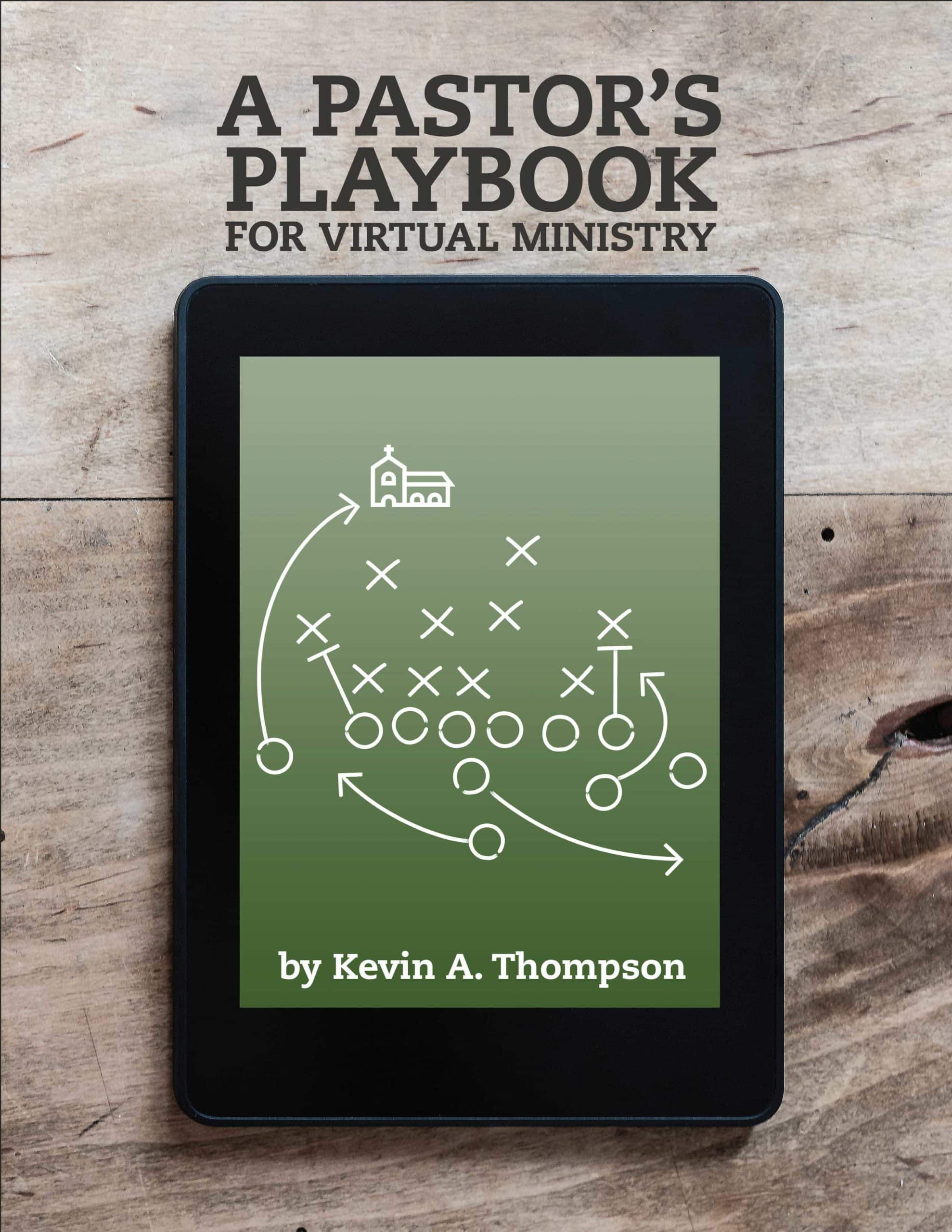Strategy is important as we begin to move our ministries forward. Especially now. In Matthew 5 Jesus tells His first disciples, “You are the light of the world.” Did you know that this shocking statement is equally true for all followers of Jesus? When God’s Spirit is in us, we receive His light.
Our role, as Christ-followers, is to shine in such a way that the world is transformed. We need to make sure God is glorified.
This approach to life does not happen randomly though. Think again about Jesus’ illustration in Matthew 5:14-16 (NIV).
“You are the light of the world. A town built on a hill cannot be hidden. Neither do people light a lamp and put it under a bowl. Instead they put it on its stand, and it gives light to everyone in the house. In the same way, let your light shine before others, that they may see your good deeds and glorify your Father in heaven.”
To get a lantern to the most effective place in a dark room, we might have to try different things. We may string a rope from the ceiling or build a lampstand that can hold the lamp high.
Creating a maximum impact takes effort and strategy.
May ripples of grace impact thousands—if not millions—of lives.
And, there is a risk and a cost for anyone who wants to reflect the maximum amount of God’s light. Especially because the glory of God and the urgent needs of the world deserve our very best.
Strategy in New Seasons
Perhaps as we look at re-entry to church, it’s a good time to reflect on our church ministries. Ask questions like, “How can we be more strategic in order to make the biggest impact?” Questions like this will help you be more strategic. They will also help you better share the heart of God with those around you.
The following are some things to consider:
Healthy Motivation
Take the time to make sure your ministry is inspired by gratitude for God’s kindness. Be driven by the desire to make an excellent gift to God. Motivation will drive you to build a great ministry.
Rely on Information
Ask yourself if your ministry uses the best and most current information to create tactics that address real and underserved needs. Whatever the answer, make plans to be more informed. The more information we have, the more needs we can meet.
Be Apostolic
Being apostolic gives priority to needs—especially the greatly underserved. It also helps you prioritize opportunities. These opportunities should include sharing God’s love with those who have limited access to the Gospel by meeting them where they are.
Be Holistic
Make sure your ministry considers the diverse needs of the people who are part of it and who could be part of it. And remember, your ministry will not be able to directly address every need—though we shouldn’t discount the help of other ministries. It’s important to look at the total picture and then focus in on where we can be most effective.
Think Long-Term
Long-term thinking seeks to make as long of an impact as possible. Although your outreach work will sometimes address a crisis and be short-lived, also make plans for the long-term needs of those impacted by your ministry.

Be Impactful
Make an impact where you can. In deciding which needs to address, have your church team consider the degree to which the ministry will impact people and generations beyond those initially involved. Dream of where you can make the most impact and plan your funding to match that desire.
Follow the Spirit
Make sure your ministry is built on intentional prayer. Pray for the people you are serving and direction for your ministry. Listen carefully for the guidance of the Holy Spirit and what He would have you do.
Have Generosity
Make a list of your ministry resources (think people, places, and things) and the specific gifts, blessings, limitations, and calling of your Body of believers. Being generous with your available resources is important.
Be Collaborative
Collaboration is key! Does your ministry serve alongside the people in your area or within your community? How can you collaborate with other organizations that share similar goals?
Contextualize
We need to make sure our ministries find ways to appropriately communicate the reason for our work. Always remember to share the source of our compassion. Pointing to God in our work is everything.
Look Ahead
Think ahead to the day when the ministry will no longer be needed. Dream about when you can pass it on without creating dependency. We need to look at an end goal, so that we stay relevant and are helping create positive change that moves forward, instead of staying still.
Lastly, it is my prayer that our Father God will help us use these 11 strategies in order to make our fellowship more effective. Especially as we lift high the light of Christ.
And may ripples of grace impact thousands—if not millions—of lives.

A Pastor’s Playbook for Virtual Ministry

A Pastor’s Playbook for Virtual Ministry

A Pastor’s Playbook for Virtual Ministry
More Articles You Might Be Interested In
- Church Re-Entry: Policies and Procedures that Matter
- What Will Church Look Like Going Forward?
- The 5 Cs of Innovation for Your Church
- Teaching Virtually: Here’s the Tool Set You Need
- Faith Over Fragmentation: How to Move Forward as the Church
- What Going Digital with COVID-19 Has Taught the Church
- How to Manage In-Person and Virtual Volunteers Post COVID-19
- Ministry Leaders on Technology, Relationships, and COVID-19











